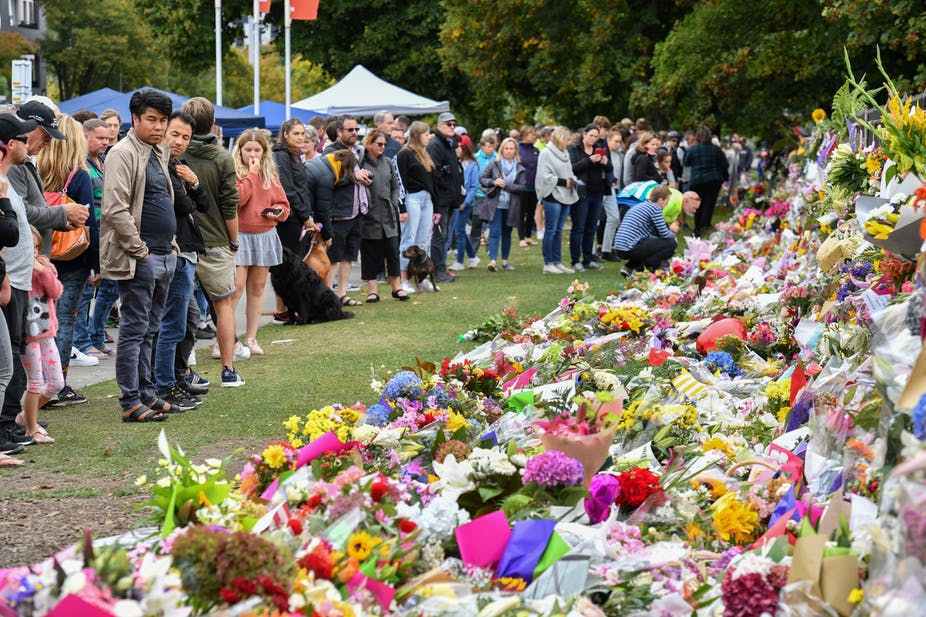
EXPERT REACTION: Christchurch mosque attacks
New Zealand police have confirmed at least 50 fatalities from shootings at two mosques in central Christchurch. New Zealand Prime Minister Jacinda Ardern said the 28-year-old Australian man charged planned to continue his attack and had two other firearms in his vehicle. The shocking attack has sparked worldwide discussion surrounding gun laws, social media sharing, security/intelligence, extremism and more. Australian experts respond to a few of these issues.
Organisation/s: Swinburne University of Technology, Curtin University, The Australian National University, The University of Sydney, The University of Western Australia
News for:
Australia
New Zealand
VIC
WA
ACT
Media contact details for this story are only visible to registered journalists.


Expert Reaction
These comments have been collated by the Science Media Centre to provide a variety of expert perspectives on this issue. Feel free to use these quotes in your stories. Views expressed are the personal opinions of the experts named. They do not represent the views of the SMC or any other organisation unless specifically stated.
Rhonda Itaoui is a Sessional Academic and Research Assistant at Western Sydney University’s School of Social Sciences and Psychology